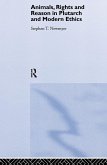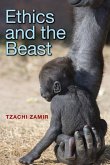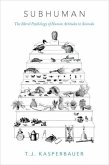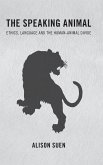In the United States roughly 2 million people are incarcerated; billions of animals are held captive (and then killed) in the food industry every year; hundreds of thousands of animals are kept in laboratories; thousands are in zoos and aquaria; millions of "pets" are captive in our homes. Surprisingly, despite the rich ethical questions it raises, very little philosophical attention has been paid to questions raised by captivity. Though conditions of captivity vary widely for humans and for other animals, there are common ethical themes that imprisonment raises, including the value of liberty, the nature of autonomy, the meaning of dignity, and the impact of routine confinement on physical and psychological well-being. This volume brings together scholars, scientists, and sanctuary workers to address in fifteen new essays the ethical issues captivity raises. Section One contains chapters written by those with expert knowledge about particular conditions of captivity and includes discussion of how captivity is experienced by dogs, whales and dolphins, elephants, chimpanzees, rabbits, formerly farmed animals, and human prisoners. Section Two contains chapters by philosophers and social theorists that reflect on the social, political, and ethical issues raised by captivity, including discussions about confinement, domestication, captive breeding for conservation, the work of moral repair, dignity and an ethics of sight, and the role that coercion plays.
Hinweis: Dieser Artikel kann nur an eine deutsche Lieferadresse ausgeliefert werden.
Hinweis: Dieser Artikel kann nur an eine deutsche Lieferadresse ausgeliefert werden.








